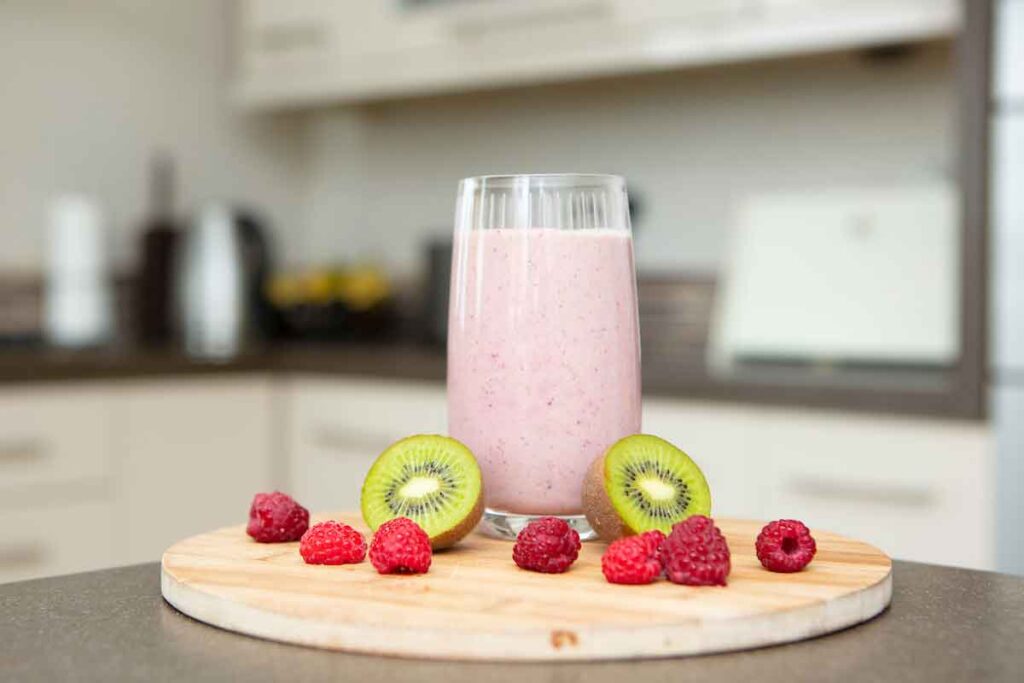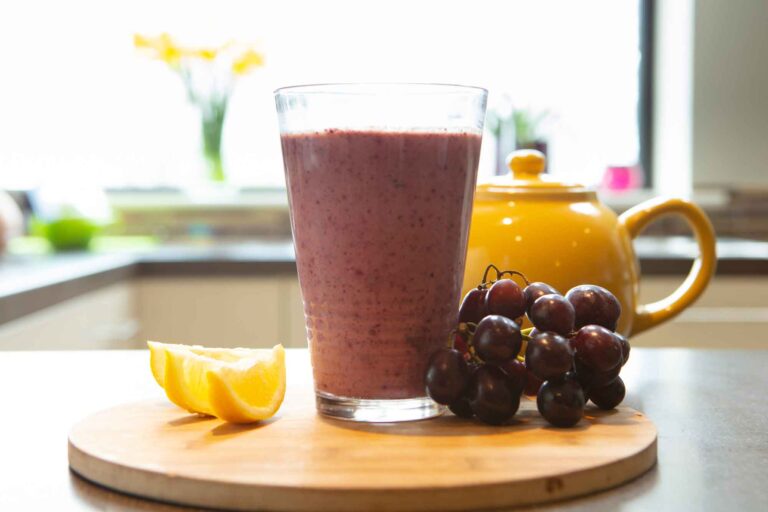IBS – Irritable Bowel Syndrome
Cause of IBS SIBO

Small Intestinal Bacterial Overgrowth, or SIBO, is characterised by excessive amounts of bacteria in the small intestine. These are not necessarily ‘bad’ bacteria; they are just colonising in the wrong area. As well as addressing the bacterial imbalance, it’s even more important to address the underlying cause of the problem, such as low HCL production, sluggish liver, faulty motor migration complex, chronic stress etc.
SIBO is generally caused by a lack of muscular activity in and around the small intestine, meaning that bacteria is not swept away into the colon as it should be, but there are many factors which may contribute significantly to its development, including low stomach acid, antibiotic use, stress, short bowel syndrome, bowel resection, and dietary factors. SIBO is also associated with various digestive or even muscular conditions, including diverticulosis, and intestinal permeability.
Symptoms of SIBO can include feeling too full for a long time, feeling like you don’t digest well, feeling like food is stuck in your intestines, feeling like balloons are popping in your gut, abdominal distention, constipation, bloating, vomiting and diarrhoea, and weight loss or insomnia or skin issues like acne, rosacea or mental health issues like anxiety and depression. 9 out of 10 patients i see have mental health issues as well as digestive issues. This is due to the brain-gut connection and the fact that your gut perceives chronic stress so well. We must listen to our gut!
It’s not always easy to identify which types of bacteria are implicated in SIBO; the most reliable tests are breath tests these can give an indication of whether the overgrowth consists of largely methane or hydrogen-producing bacteria (i can order this test for you).
Those with predominantly hydrogen-producing bacteria typically suffer from diarrhoea or fullness and those with predominantly methane-producing bacteria may experience constipation or flatulence and indigestion symptoms. This is sometimes referred to as ‘SIBO-D’ and ‘SIBO-C’. As high hydrogen levels can also indicate lactose intolerance, it is important to determine the underlying cause of your symptoms. Gluten? Dairy? Fodmaps? Stress? Lifestyle?


It’s not always appropriate to go straight in with probiotics initially, when it’s often more appropriate to support the condition with a low-carbohydrate diet, and remove any other problem foods that may be exacerbating the condition – a low FODMAP diet is sometimes recommended for a short period of time until it’s felt that the overgrowth has been addressed. if you are suffering do not buy over the counter probiotics as these often contain ingredients that feed the problem, please consult with myself first. Together we will decide on a course of action. Antibiotics or anti-microbials. Medical doctors can prescribe antibiotics to address SIBO whereas alternative practitioners like myself will tend to use natural anti-microbial supplements which are typically used before introducing probiotics as part of the ‘5 Rs approach:
‘5 Rs approach
- Remove
- Replace
- Re-inoculate
- Repair
- Re-balance
This can be an extremely complex condition to manage and rebalance, requiring a carefully monitored programme of clinical tests, diet and supplements and specific probiotics. It can take up to 2 years to eliminate it as it may require several changes to find a plan that works for your gut. it took me 28 months to get better.



